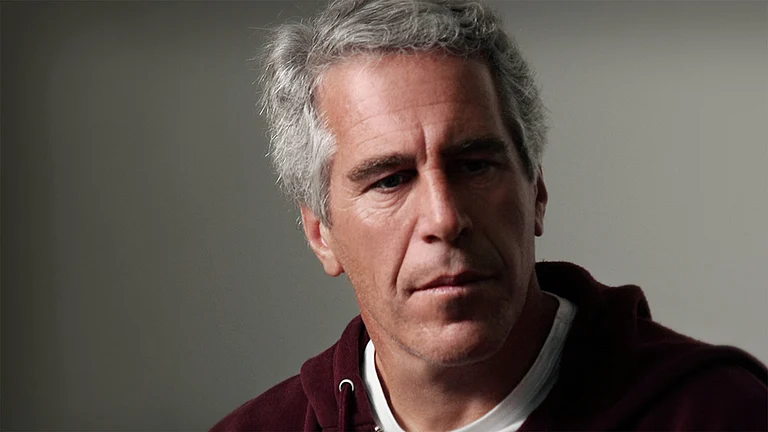I feel this father’s tragic story has a strong resonance across the length and breadth of India. Indian parents wager everything they have for their children’s education and, in most cases, get nothing in return. While it is good to see private investments in education, there is also occasion for serious concern. Year after year, these ‘private’ institutes churn out so-called professionals who don’t stand a chance in the job market. Four years back, I decided to intervene in one such case and took out an advertisement against one such institute, the Indian Institute of Planning and Management (IIPM). I was hoping that I would be challenged in court.Our ad suggested that all claims made by IIPM were wrong or misleading. I knew there were too many skeletons in their cupboard and, if taken to court, they would stand exposed. So, no, they didn’t take us to court.
This brings us to the larger issue: why does India have the dubious distinction of the lowest employability ratio? It is no longer a problem of creating employment opportunities. Talk to any corporate honcho, and he’ll say he can’t find employable people. This lack of employable people is the toughest test yet of the India growth story. A recent CII study says that not more than 39.5 per cent graduates are employable. Another study talks about not more than 10 per cent engineers being employable in the IT sector. These figures might be worse—a senior analyst involved in the preparation of one of the reports confided to me of the need to tinker with criteria to achieve even these ratios.
Can the institutes in question be forced to look at the quality of their delivery before they embark on expansion? Can someone hold them responsible for all their claims so that the integrity of the educational system is restored? Can students who are misled stand up for future students? Unchecked, unregulated and unchallenged claims by educational institutions need immediate systemic checks. They should not be allowed to get away with these unsubstantiated—and, in many cases, demonstrably false—claims. The only way to do business in education is to be true, correct and honest. Civil society and those concerned need to step in with corrective measures. Otherwise, I am afraid, our country will be hijacked by people who are into profiteering out of a business that has very high social and economic repercussions.
As I sat down to write this piece, I went through the claims of IIPM all over again. Nothing has changed: the same old untrue or misleading fantastical claims about salaries, placement records being better than IIMs, world class education, professors from foreign universities...you name it! Students are placed at Planman, a sister concern, at higher salaries meant to jack up placement ratios and dumped/sacked within two months. "We students realised the problems just three months into the institute but all escape routes had closed," says a student. Students who were paying Rs 1.25 lakh a semester earlier are now made to pay Rs 4 lakh for the entire year. Banks that give out loans are willing conspirators.
The situation is by no means unique and applies to a whole lot of other "management" and "professional" institutes too. The racket flourishes only because no one is taking it head on. Surely, the students who get duped like this could get together and try to get redressal? "I am still paying Rs 8,000 per month as a loan installment thanks to a job I got out of my own efforts," says a student. "We invested two years to earn a liability that we will have to repay for many years." I am numbed by the painful encounter with this student; it is too personal to be recounted here.
If you have an experience to share about any such institute, mail us at mp@outlookindia.com. Let us work to make the system cleaner, more responsible and answerable.






















